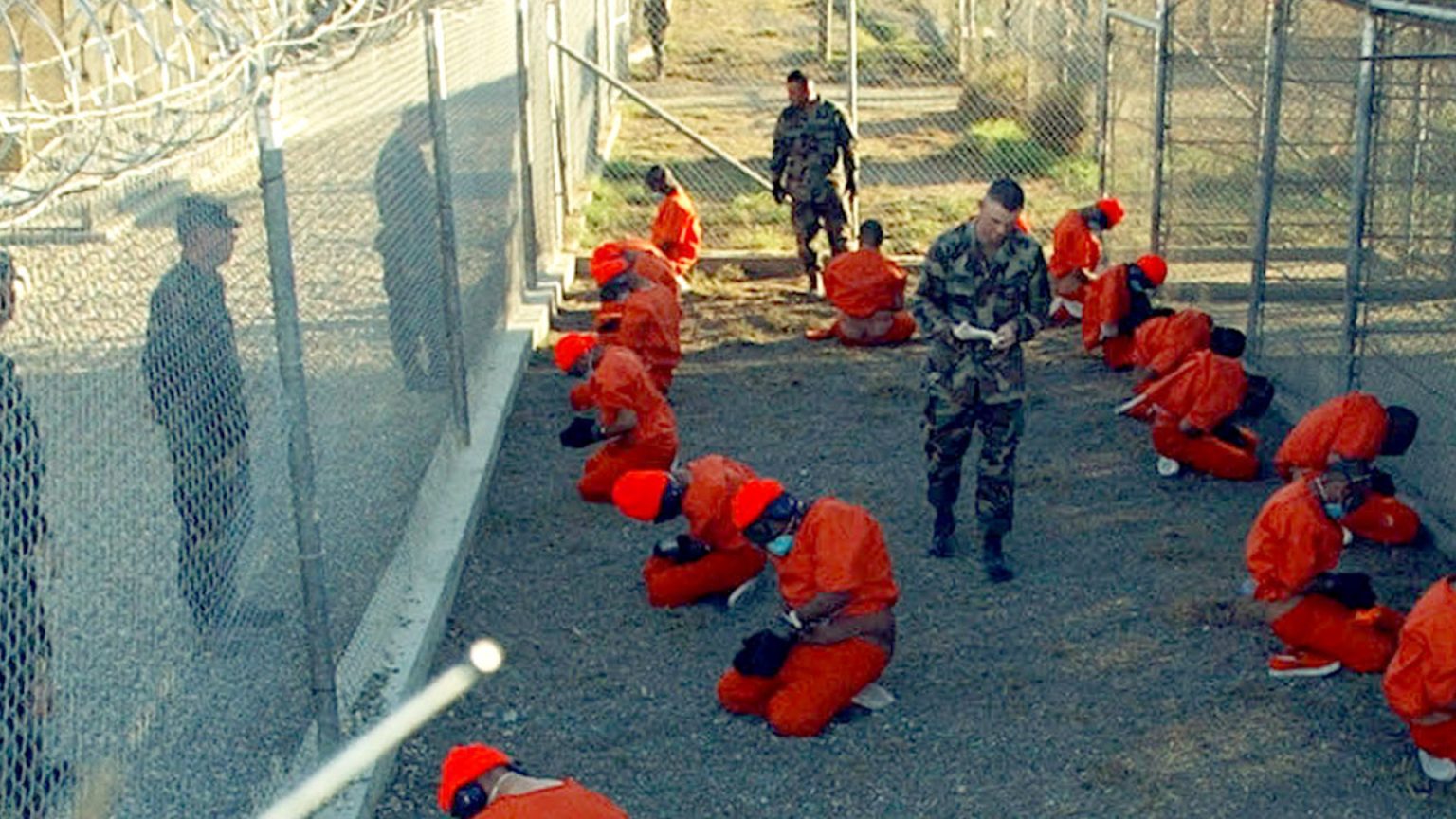Ridah bin Saleh al-Yazidi’s release from Guantanamo Bay detention camp after nearly 23 years of confinement without charge marks a significant, albeit belated, step towards justice. His story embodies the controversial legacy of Guantanamo, raising fundamental questions about indefinite detention, due process, and the human cost of the “war on terror.” Al-Yazidi, a Tunisian national, was among the first detainees brought to the newly established facility in January 2002, swept into the global dragnet following the September 11th attacks. He languished in legal limbo for over two decades, never formally accused of a crime, his life suspended in a state of indefinite detention that became synonymous with Guantanamo. His release, while a welcome development, underscores the profound and lasting impact of prolonged arbitrary detention on individuals and the urgent need for accountability for the human rights violations that occurred within the prison’s walls.
The circumstances surrounding al-Yazidi’s arrest and subsequent detention remain shrouded in secrecy. Initial reports suggested he was suspected of having ties to al-Qaeda and training at a militant camp in Afghanistan. However, these allegations were never substantiated with concrete evidence sufficient to bring charges. The lack of transparency surrounding his case reflects a broader pattern at Guantanamo, where detainees were often held based on flimsy intelligence, coerced confessions, or unsubstantiated accusations. This practice undermined the fundamental principles of due process and the presumption of innocence, leaving individuals like al-Yazidi trapped in a legal black hole, their lives indefinitely on hold. His release, after years of reviews and legal challenges, highlights the inherent flaws in the Guantanamo system, where justice was often delayed, if not denied entirely.
Al-Yazidi’s prolonged detention without charge raises serious concerns about the erosion of fundamental human rights in the name of national security. Guantanamo became a symbol of indefinite detention, a legal gray zone where individuals could be held without trial or access to adequate legal representation. The psychological and emotional toll of such prolonged confinement is immense. Detainees faced isolation, sensory deprivation, and the constant uncertainty of their fate, leading to documented cases of psychological trauma, depression, and even suicide attempts. While the exact details of al-Yazidi’s experiences within Guantanamo remain unknown, his decades-long confinement undoubtedly took a profound toll on his physical and mental well-being.
The US government’s justification for holding detainees indefinitely without charge at Guantanamo rested on the premise that they posed a continuing threat to national security. This argument, however, became increasingly tenuous over time, particularly in cases like al-Yazidi’s, where no credible evidence of criminal activity was ever presented. The ongoing operation of Guantanamo also faced significant international criticism, with human rights organizations and foreign governments condemning the practice of indefinite detention as a violation of international law. The pressure to close the facility mounted over the years, with successive US administrations acknowledging the need to address its problematic legacy. Al-Yazidi’s release can be seen as a small step in the ongoing process of dismantling the Guantanamo system and grappling with the complex legal and ethical questions it raised.
The release of al-Yazidi, while a positive development, does not erase the injustice he endured. After nearly 23 years of wrongful confinement, he faces the daunting task of reintegrating into a world that has drastically changed. He will require significant support to rebuild his life, address any physical and psychological health issues resulting from his detention, and re-establish connections with family and community. The US government has a moral obligation to provide adequate resources and assistance to facilitate his reintegration and acknowledge the profound harm caused by his prolonged and unjustified detention. This includes access to medical care, psychological counseling, and social services, as well as potential reparations for the years lost in confinement.
Al-Yazidi’s case serves as a stark reminder of the dangers of unchecked executive power in the name of national security. His ordeal underscores the importance of upholding fundamental human rights, including the right to due process, the presumption of innocence, and protection against arbitrary detention. The closure of Guantanamo remains a crucial step in ensuring that such injustices are not repeated. Moving forward, it is imperative that governments prioritize human rights and adhere to international legal norms, even in the face of perceived security threats. Only by learning from the mistakes of the past can we hope to build a future where justice and the rule of law prevail.

